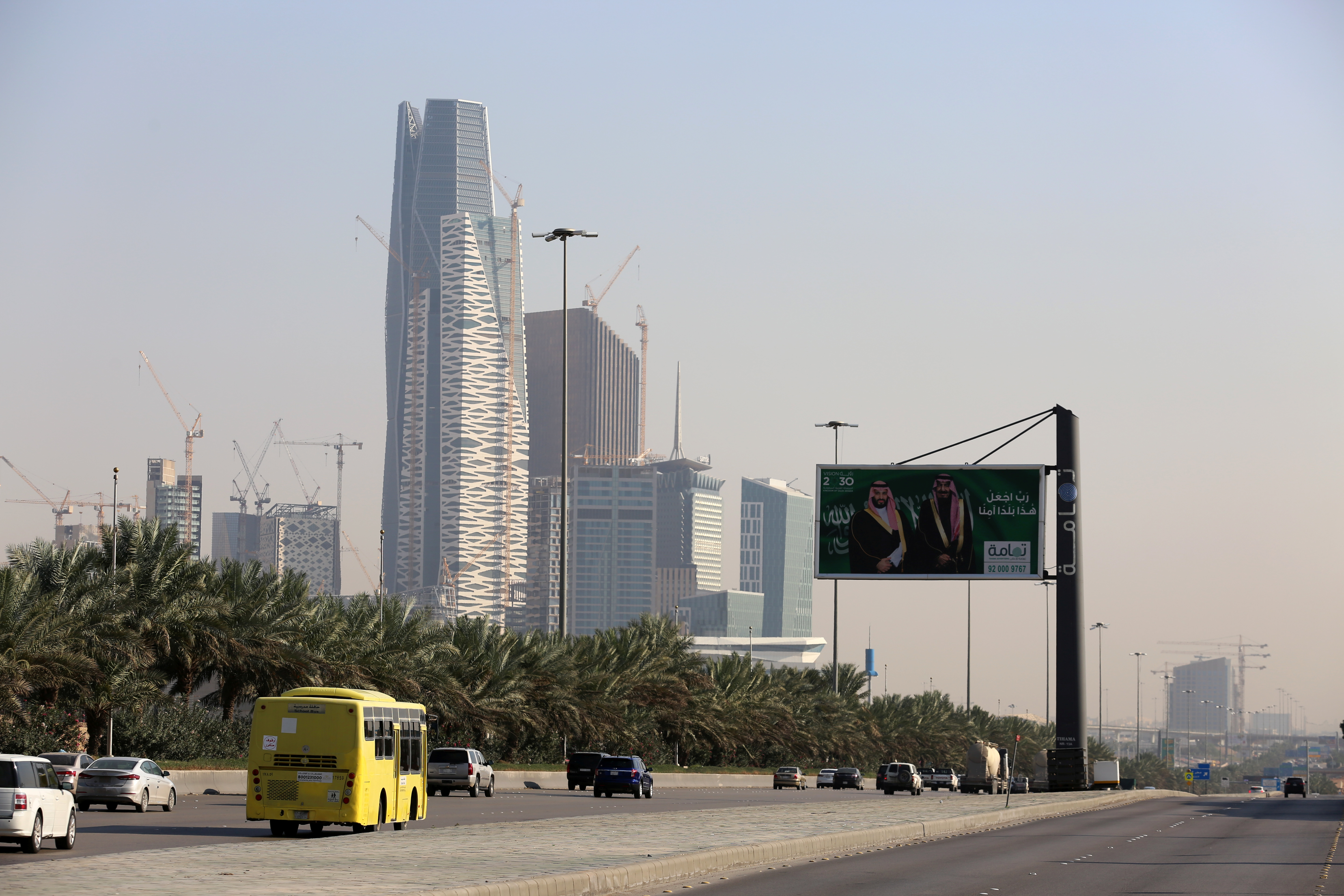
The anticipated increase in the deficit stems from a combination of factors, including a decline in global oil prices, which have faced downward pressure due to global economic uncertainties and a shift toward renewable energy sources. Saudi Arabia, heavily reliant on oil exports for its revenue, is bracing for the impacts of a more volatile market as it seeks to diversify its economy. The country's budget for 2024 has been proposed at 1.21 trillion riyals (approximately $323 billion), representing an increase from previous budgets, with planned spending focused on key sectors such as health, education, and infrastructure.
Efforts to achieve sustainable economic growth while managing public finances have become increasingly challenging. In light of these challenges, the Saudi government has initiated a series of reforms aimed at enhancing non-oil revenues, including the introduction of taxes and the diversification of investment portfolios. The Ministry of Finance has highlighted that the government is committed to fiscal discipline despite the expected rise in the deficit, with strategies in place to optimize expenditures and improve revenue collection.
The shift towards diversification is a cornerstone of the Vision 2030 plan, which aims to reduce the kingdom's dependency on oil and promote the development of other sectors. Initiatives include the growth of the tourism sector, investments in technology, and the promotion of small and medium-sized enterprises (SMEs). These initiatives are designed to create job opportunities for the Saudi workforce and stimulate economic activity outside the oil sector.
The World Bank and other financial institutions have noted that Saudi Arabia's fiscal policies and economic strategies are closely watched, given their potential impact on regional stability and global energy markets. Analysts emphasize that the kingdom's ability to manage its budgetary challenges will be crucial in maintaining investor confidence and ensuring long-term economic stability.
Saudi Arabia's fiscal strategy is also being influenced by its commitments to the G20 and the Organization of the Petroleum Exporting Countries (OPEC). As a key player in the global oil market, the kingdom's policies can have widespread repercussions, affecting everything from oil prices to investment flows in the broader Middle East. The commitment to cut carbon emissions and transition toward more sustainable energy sources is reshaping the global energy landscape, and Saudi Arabia is keen to position itself as a leader in this transition.
The Saudi government has been proactive in engaging with international investors to attract foreign direct investment (FDI) as part of its economic diversification efforts. Major initiatives such as NEOM, a $500 billion megacity project, aim to showcase Saudi Arabia as a hub for innovation and investment. The project is expected to include advancements in technology, sustainable living, and economic productivity, thereby attracting a diverse range of investors.
Despite the ambitious plans, the kingdom faces challenges such as youth unemployment and the need for significant investment in education and skill development to prepare the workforce for a rapidly evolving job market. The Ministry of Human Resources and Social Development has initiated various programs to address these challenges, focusing on aligning educational outcomes with market needs and enhancing vocational training.
The projected widening of the budget deficit in 2024 may also lead to adjustments in the kingdom's monetary policy. The Saudi Arabian Monetary Authority (SAMA) may need to consider measures to stabilize the currency and manage inflation, which could arise from increased government spending. Additionally, the government’s plans for privatization of state-owned entities may gain momentum as a strategy to improve efficiency and generate revenue.
As the country moves forward, the dual challenge of increasing spending while managing the deficit will require careful balancing. Government officials remain optimistic about the long-term benefits of their reform agenda, emphasizing that the transition to a more diversified economy is essential for sustaining growth and ensuring fiscal stability.
Topics
Spotlight
